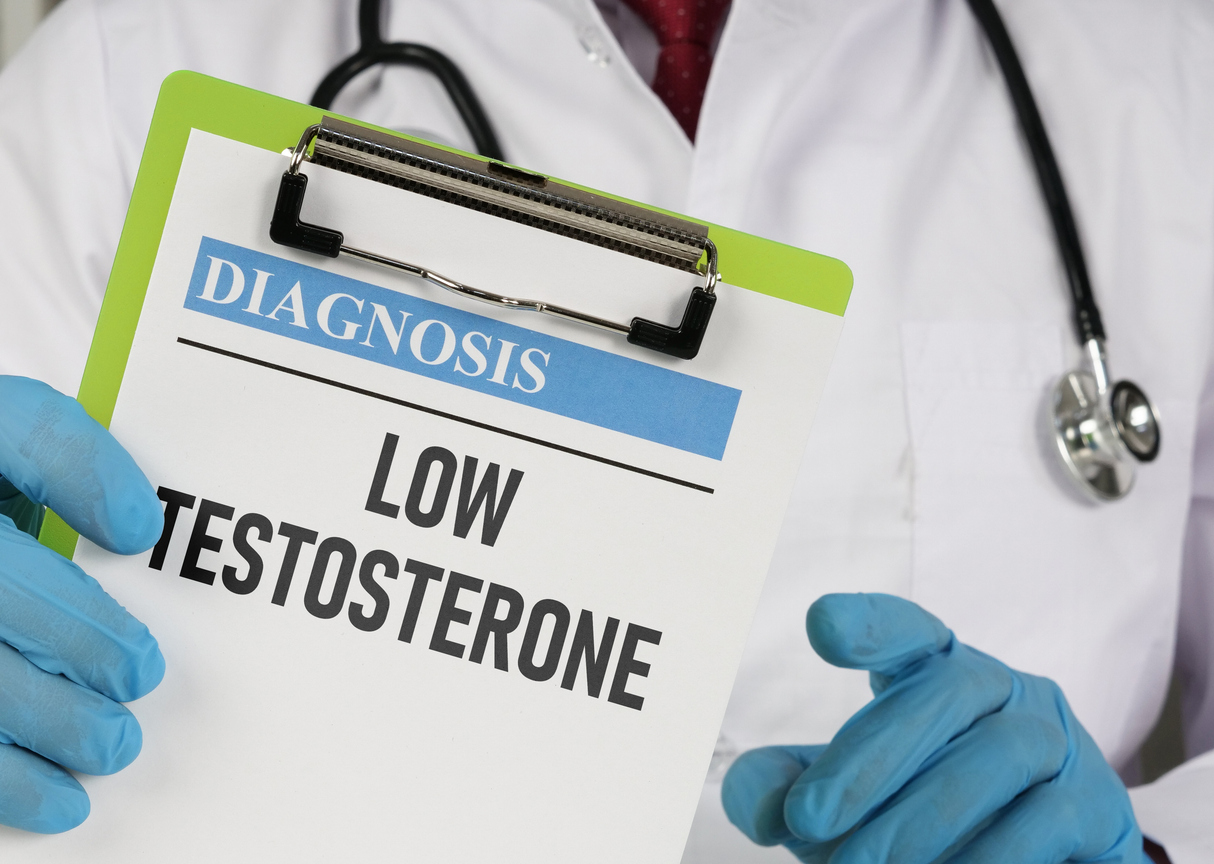Testosterone is a hormone primarily associated with male characteristics, but it is also an important hormone for women. It plays a crucial role in various physiological processes in both men and women. One of the areas where testosterone has been studied is its potential impact on inflammation.
Inflammation is a natural response of the body to injury or infection. It is a complex process involving the activation of the immune system to fight off pathogens and repair damaged tissues. While inflammation is essential for maintaining health, chronic inflammation can lead to various diseases and conditions, including autoimmune disorders, cardiovascular diseases, and certain cancers.
Several studies have explored the relationship between testosterone and inflammation, and the results have been somewhat mixed. It appears that testosterone may have both pro-inflammatory and anti-inflammatory effects, depending on the context and the immune response.
- Pro-inflammatory effects: Some studies suggest that higher levels of testosterone may be associated with increased inflammation. For example, in certain autoimmune conditions like rheumatoid arthritis, higher testosterone levels have been linked to more severe symptoms and increased disease activity. Additionally, some studies have found that testosterone can stimulate the production of pro-inflammatory cytokines, which are signaling molecules involved in the inflammatory response.
- Anti-inflammatory effects: On the other hand, testosterone has also been found to have anti-inflammatory properties. It has been observed that testosterone can suppress the production of certain pro-inflammatory cytokines, thereby exerting an anti-inflammatory effect. Moreover, testosterone has been shown to modulate the activity of immune cells, such as macrophages and T cells, which play key roles in the inflammatory process.
Testosterone’s impact on inflammation is multifaceted, with both pro-inflammatory and anti-inflammatory effects depending on the specific context. Factors like the individual’s health status, age, sex, and the presence of specific medical conditions can influence how testosterone interacts with the immune system and inflammation.
As with many physiological processes, maintaining a balance is key. Both excessively high and excessively low levels of testosterone could potentially lead to immune system imbalances and inflammation-related issues. If you have concerns about testosterone levels and inflammation, it’s best to consult with a healthcare professional who can assess your specific situation and provide appropriate guidance.
At Apex Hormone Health we develop treatment plans unique to you! Let us help you to get back to optimal health. Telehealth appointments available.
Contact us through our website: www.apexhormonehealth.comBottom of Form
Call or text 720-856-0200.
Email: info@apexhormonehealth.com.






